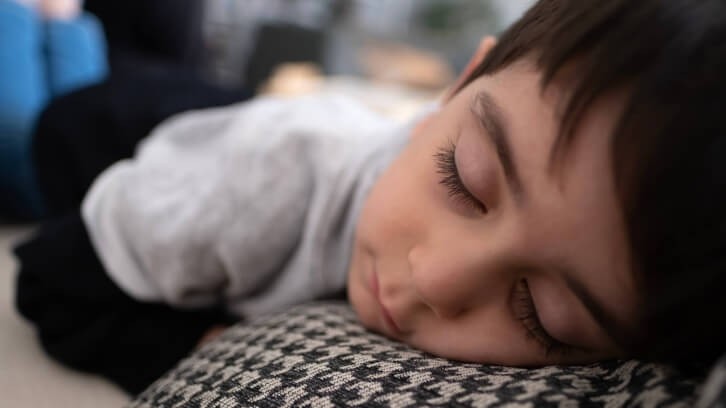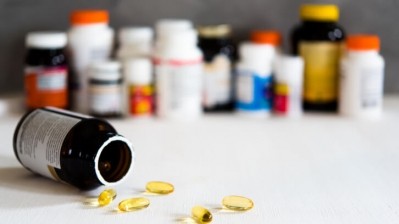JAMA study questions ‘exceedingly common’ pediatric use of melatonin supplements

Data from 993 children and adolescents also showed that parents report giving melatonin supplements for extended periods, sometimes for a year or more. The data is published in JAMA Pediatrics.
Scientists from the University of Colorado Boulder, Purdue University, the Sleep Health and Wellness Center (California), and Brown University stated: “Research is lacking on the long-term safety of melatonin in this population.”
Data breakdown
The researchers analyzed data from 993 children and adolescents aged from 1 to 13, dividing them up by age group: Preschool (1 to 4 years); school-aged (5 to 9 years), and pre-teen (10 to 13 years).
The data revealed that the prevalence of melatonin consumption in the past 30 days was 18.5 % for school-aged children and 19.4% for pre-teens, compared to only 5.6% for preschool children. The doses consumed appeared to increase across the age groups, ranging from 0.5 (0.25-2.0) mg in preschool children to 2 (0.25-10.0) mg in preteens.
“We hope this paper raises awareness for parents and clinicians, and sounds the alarm for the scientific community,” said lead author Lauren Hartstein, PhD, a postdoctoral fellow in the Sleep and Development Lab at CU Boulder, in a press release from the university. “We are not saying that melatonin is necessarily harmful to children. But much more research needs to be done before we can state with confidence that it is safe for kids to be taking long-term.”
The data is at odds with a survey commissioned by The American Academy of Sleep Medicine (AASM) that found that 46% of parents with children under the age of 13 have given their children melatonin to help them sleep at night. Of those surveyed, millennial parents (50%) are most likely to have given melatonin to a child under the age of 13, compared to all other generations, and almost one-third (30%) of all parents reported having given their teenage children melatonin.
Melatonin in the news
This is the second time this year that JAMA has published a research letter raising questions about melatonin supplements. In March, researchers at the University of Mississippi and the Cambridge Health Alliance reported analysis of 25 melatonin gummy brands. The data indicated that 22 were inaccurately labeled–with variations in melatonin spanning from 74% to 347% of the amount advertised on the label.
The authors of the new survey data incorrectly state that “melatonin is considered a dietary supplement, [and] is not regulated by the US Food and Drug Administration”.
Commenting on the study’s findings, Steve Mister, President & CEO of the Council for Responsible Nutrition, criticized the journal for publishing “alarming misinformation” and noted that, “levels of melatonin in both pediatric and adult products are in compliance with FDA regulation, and harmful pediatric overdoses of melatonin are exceedingly rare”.
“This Research Letter should be received as a call to pediatric doctors to have candid and open conversations with parents about their children’s sleep patterns, and about the use of melatonin, which these findings, and our own data, show is used safely by millions of American families,” said Mister.
“What this study doesn’t show is how many families already administer melatonin to their children safely, in consult with, and in many cases, at the suggestion of, their healthcare providers. Misrepresenting the state of regulation and mischaracterizing the data to pediatric doctors make those candid and fact-based conversations less likely.”
Source: JAMA Pediatrics
Published online ahead of print, doi: 10.1001/jamapediatrics.2023.4749
“Characteristics of Melatonin Use Among US Children and Adolescents”
Authors: L.E. Hartstein et al.
























